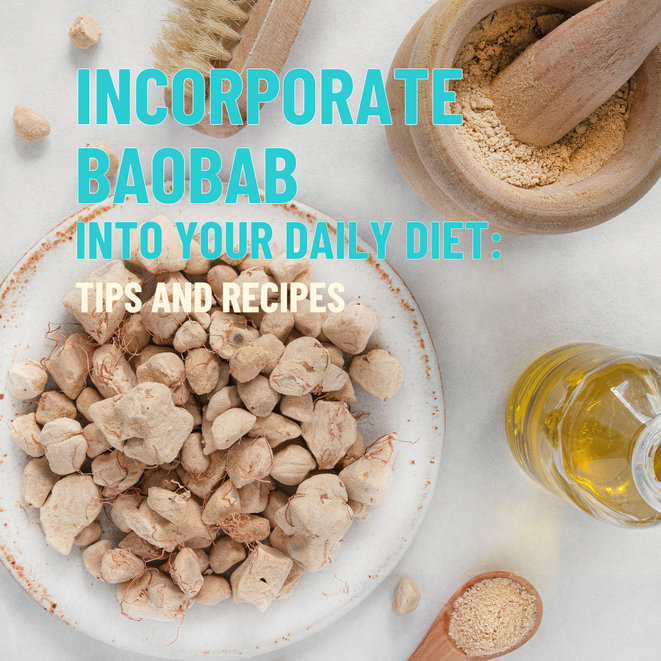The Gut Microbiome: Optimising The Microbiome Through The Diet
If you’ve read part one of this article, The Gut Microbiome: What It Is and Why It’s Important, you’ll have the background on why we’re highlighting how to optimise the gut microbiome in this article. As a reminder from part one, the most important element of a healthy gut is diversity. Obtaining a diverse gut requires a diverse diet.
Our modern lifestyles, diets and medications can result in a shift in gut microbiota which in turn can impact gut health. A diet high in processed foods has been found to reduce diversity of gut microorganisms and is associated with the rise in pathogenic or ‘bad’ gut microbes.
High levels of pathogenic bacteria can contribute to a pro-inflammatory state. As a result, focusing on a diet rich in nutrient dense options can help to support a beneficial gut profile.
Plant foods
High fibre plant rich foods can have a positive influence on the gut microbiota as they provide food for the beneficial bacterial species. Foods high in plant fibres aid the production of short chain fatty acids. These foods include fruits, vegetables, beans, pulses, nuts, seeds and wholegrains too. It is recommended to consume around 30g of fibre per day and 30 different types of plant foods per week. This isn’t as challenging as it may sound as herbs and spices alongside those foods mentioned above all count towards the recommended 30 plant foods per week.
Fermented foods
The consumption of fermented foods can encourage the promotion of the beneficial bacteria in the gut. These foods contain probiotics or a combination of pre and probiotics. Probiotics are a combination of live cultures and yeasts which are not broken down throughout digestion. They are then housed within the gut to contribute to the growth of the beneficial bacteria. These foods include: kimchi, sauerkraut, yoghurts containing live cultures, kefir, sourdough, miso and the fermented tea drink, kombucha. Research on fermented foods is still limited due to small trials and therefore more research is required to support their efficacy and determine the optimum intakes. Nonetheless, they are a nutritious and healthy addition to the diet.
Prebiotics
The term prebiotics is often used interchangeably with probiotics. Probiotics are the beneficial bacteria which are housed within the gut and prebiotics are the food which feeds the beneficial bacteria to allow them to grow, thrive and survive the environment within the gut. Incorporating a spectrum of foods containing prebiotics can help to ensure all species of commensal bacteria are provided with adequate food to live. Sources of prebiotics include: baobab, onions, garlic, leeks, artichokes, bananas and chickpeas.
Polyphenols
Polyphenols are chemical compounds found naturally in plants. Evidence suggests regular consumption of polyphenol rich foods contribute to the increase in beneficial bacteria in the gut. It is thought that polyphenols exert prebiotic effects in nourishing the beneficial bacteria alongside contributing to reducing inflammation in the gut. Including a variety of polyphenol rich foods into the diet can be a beneficial component to supporting a healthy gut. Polyphenol rich foods include: baobab, berries, dark chocolate, green tea, coffee, soy beans and red wine.
In addition to dietary components, lifestyle factors also contribute to overall gut health. High levels of stress can negatively impact the gut microbes. The stress response stimulates the secretion of cortisol (the stress hormone), high levels of cortisol can decrease blood flow to the gut and the digestive tract which may contribute to impaired digestion and partially digested food entering the gut. In such cases, gut bacteria may be compromised.
Furthermore, evidence suggests the relationship between sleep and the gut microbiome is a bi-directional one. Poor sleep may inhibit the growth of commensal bacteria, however, gut dysbiosis may contribute to the risk in sleep disorders. Furthermore, alcohol and recreational drugs may also negatively impact overall gut health.
Evidently, the role of the diet is extremely powerful in promoting a healthy gut environment. Alongside supporting lifestyle factors and mental wellbeing focusing on consuming a varied, high fibre, plant rich diet is ideal for optimising the gut microbiome.
Recommended products
Good Gut trial pack
Good Gut bundle
Apple Cider vinegar case
Baobab Boost case
REFERENCES
1. Shi Z. Gut Microbiota: An Important Link between Western Diet and Chronic Diseases. Nutrients. 2019;11(10):2287.
2. Rutting S, Xenaki D, Malouf M, Horvat J, Wood L, Hansbro P et al. Short-chain fatty acids increase TNFα-induced inflammation in primary human lung mesenchymal cells through the activation of p38 MAPK. American Journal of Physiology-Lung Cellular and Molecular Physiology. 2019;316(1):L157-L174.
3. Blaak E, Canfora E, Theis S, Frost G, Groen A, Mithieux G et al. Short chain fatty acids in human gut and metabolic health. Beneficial Microbes. 2020;11(5):411-455.
4. McOrist A, Miller R, Bird A, Keogh J, Noakes M, Topping D et al. Fecal Butyrate Levels Vary Widely among Individuals but Are Usually Increased by a Diet High in Resistant Starch. The Journal of Nutrition. 2011;141(5):883-889.
5. Hemarajata P, Versalovic J. Effects of probiotics on gut microbiota: mechanisms of intestinal immunomodulation and neuromodulation. Therapeutic Advances in Gastroenterology. 2012;6(1):39-51.
6. Kumar Singh, A., Cabral, C., Kumar, R., Ganguly, R., Kumar Rana, H., Gupta, A., ... & Pandey, A. K. (2019). Beneficial effects of dietary polyphenols on gut microbiota and strategies to improve delivery efficiency. Nutrients, 11(9), 2216.



